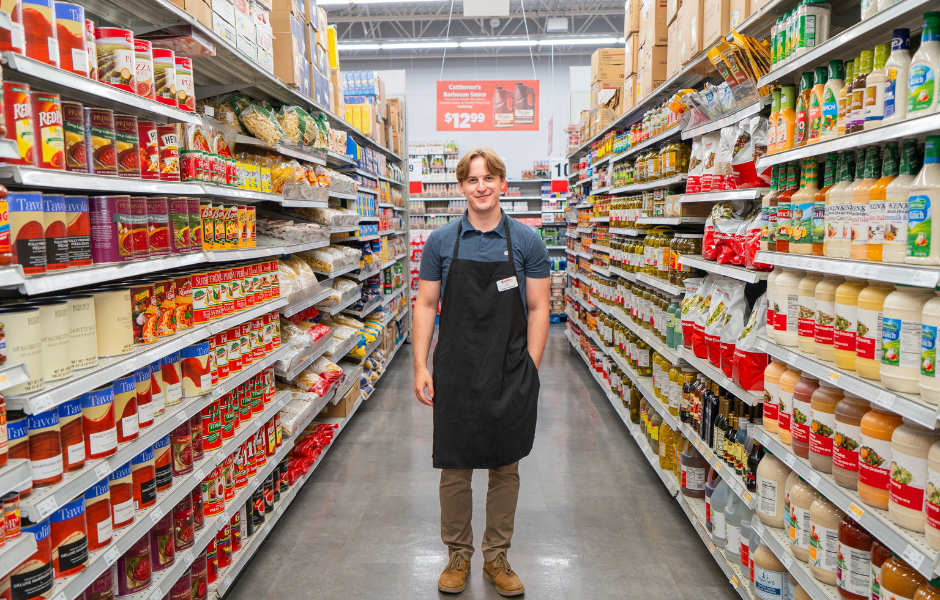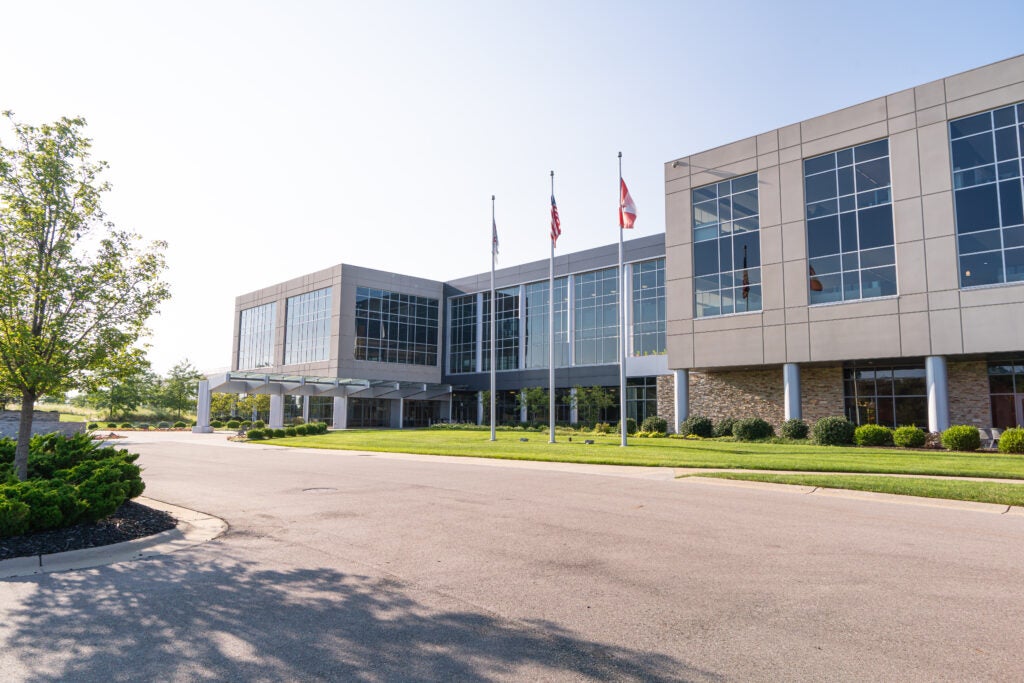Most people in the giant baby boomer generation are retired or planning their retirement, but retirement in today’s world doesn’t mean all play and no work. Those born between 1946 and 1965 (ages 52-71) are staying in the workforce longer or seeking second careers. Whether they are living longer, more active lives or simply seeking to supplement retirement incomes, boomers should be part of the restaurant-staffing picture.
As the National Restaurant Association reports a decline in the number of young workers seeking restaurant employment, boomers are poised to fill the gap. Older adults are the fastest-growing demographic in the industry in recent years. Those 55 and older working at restaurants jumped 38 percent from 2007 to 2014. This is expected to continue as the U.S. Bureau of Labor Statistics predicts workers 55 and older will make up 24 percent of the labor force by 2018.
Older workers can bring a lot of value to your team. Claire Raines and her co-authors of “Generations at Work” say boomers are typically service-oriented, driven, good team players, eager to please, and willing to go the extra mile. The International Journal of Hospitality Management says they tend to cause fewer accidents and make fewer mistakes, are self-motivated and disciplined, respect authority and are generally happier on the job. They can also serve as mentors for younger employees in addition to excelling at customer relations.
Find the right way to reach boomers
Boomers are growing more tech-savvy all the time, but don’t rely on online employment services and social media to fill your needs. Posting a “Help Wanted” sign in the window, having your staff members spread the message by word-of-mouth, and contacting senior job banks are all proven ways to attract applicants.
A Washington State University report urges restaurant managers to provide a realistic job preview to help encourage the right people to apply. If you’re looking for people who enjoy flexible hours and interacting with customers, boomers can be ideal candidates. They have more free time than younger generations and they have a lifetime of experience in dealing with people of all ages and in all kinds of situations.
Restaurant-hospitality.com reports that mature workers bring lower absenteeism, greater commitment, fewer job-related injuries, greater job satisfaction, less stress, a lower likelihood of drug abuse, and the ability to serve as mentors for younger employees. And before you dismiss boomers as technologically inferior, a Days Inn study has shown older workers are adept at learning and functioning in a high-tech world. Given appropriate software training (and in some cases a little more time to train), boomers catch on, retain skills, and put them into practice in a way that makes this generation a good return on your investment.
Make the right connection by training and communicating
Training is just as important for older workers as for young workers. For some boomers, this may be their first restaurant job after a career in an unrelated field. For others, it’s the first time they’ve worked at a restaurant since they were in high school. Either way, your brand depends on having the entire team working by your rules. Every process and procedure needs to be spelled out and made clear—from the way you dress to how you greet customers, deliver meals, clear tables, and wash dishes.
A Kent State University study on training methods suitable for older workers showed employers neither acknowledged nor met their unique training needs. At Sunny Street Café in Westerville, Ohio, owner Megan Ada conducts a handbook refresher session every six months. This reinforces the restaurant’s expectations and lets everyone know management is watching. Ada says boomers appreciate having rules spelled out and a system of authority to keep them in place.
And when it comes to communicating, face-to-face conversations or phone calls work best—not emails, text, or video messages. Even though com.score data shows boomers own more than a third of all tablets and 85 percent have mobile phones and text messaging capability, a direct conversation is the best way to get the message across.
“I don’t text older workers—they won’t get the message,” Ada says. “I speak to them face-to-face and they’re very good about writing things down. They never forget their schedules.”
Fair treatment and proper motivation create faithful workers
By this phase of their life, older workers outwardly display maturity and politeness. Inside, they’re done playing games. Restaurant-hospitality.com says boomers are very loyal as long as they get a sense of commitment from their employer. Regular feedback, giving them your full attention, explaining objectives, and constructive criticism will build loyalty.
For motivation, boomers value recognition. Dan Longton, President and CEO of Florida-based TraitSet, a workforce management provider, says boomers like to be coached, not ordered. And, because boomers have always been focused on getting ahead, a good way to show appreciation is through raises, promotions, and job titles.
At Sunny Street Café, pairing younger workers with older workers helps with motivation at the same time it builds staff unity.
“Older workers always have more energy when they’re trying to keep up with younger workers,” Ada says. “And younger workers learn from the older workers they’re paired with.”
Boomers bring a lot of history to your business. Don’t be shy about sharing the history of your business with them. Their years of life and work experience will lead them to ask questions, offer insights, and become a valuable part of your staff.











